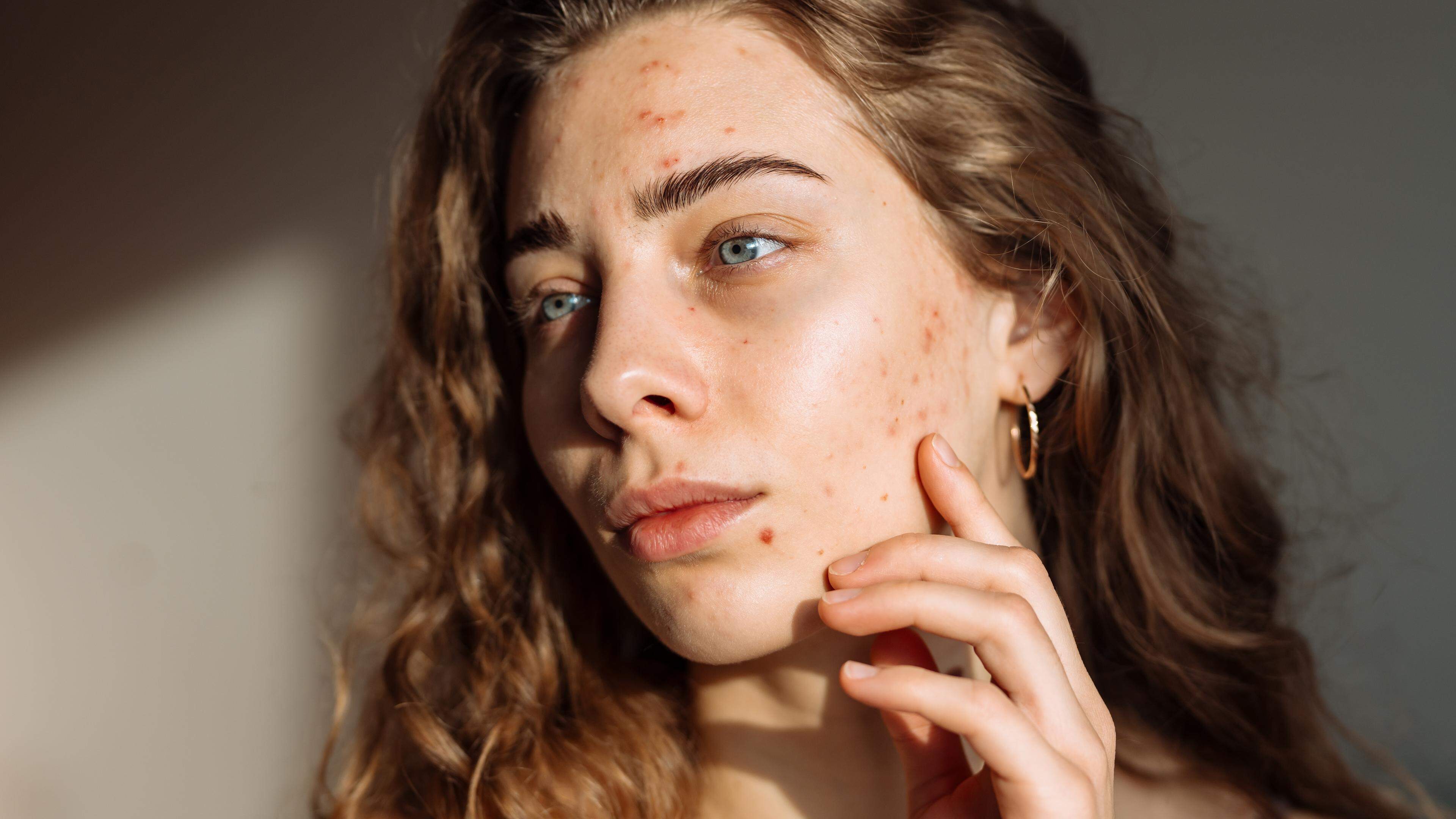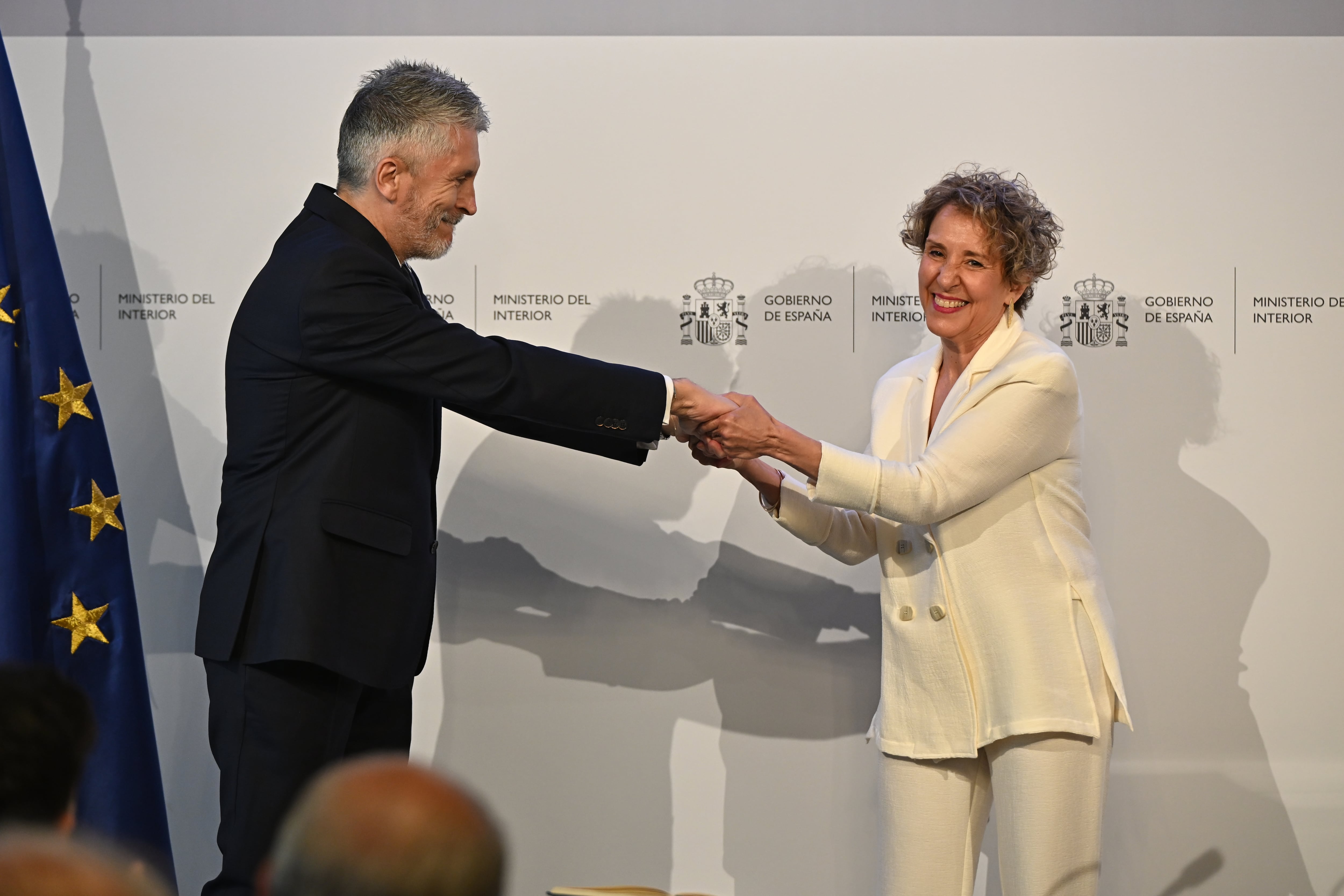Pickel myths exposes: what really helps with acne

Acne is one of the most common skin diseases worldwide and not only affects pubescent teenagers. According to current data, over 62 cases per 1,000 people in Luxembourg are documented, so the country is one of the states with the highest prevalence in Europe. Typical are blackheads, inflamed pimples, sometimes also deep nodules and pustules, the scarring – especially on the face, on the back or on the chest.
The cause is usually in a combination of increased sebum production, clogged pores, a disturbed skin flora and inflammatory reactions. « Hormones, stress, nutrition and genetic predisposition also play a role, » says dermatologist Dr. Melanie Hilgers from Luxembourg. But how can acne be treated best? Tips that harm rather than help are circulating on the Internet.
Myth 1: Toothpaste helps against acne
Admittedly, the idea sounds tempting: a little toothpaste on the pimple and the next morning everything is gone. « Unfortunately, this is a misconception and can even harm the skin, » warns Dr. Hilgers. Toothpaste actually contains disinfectant substances, but also irritating substances such as menthol and fluorides: « These irritate the skin, they dry out and can increase inflammation. »
Myth 2: Washing more often helps
Dirt is to blame for acne, so simply clean skin more often. This assumption persists. In fact, the opposite is the case: if you wash your face too often or with aggressive means, you stress the skin enormously. It can happen that it reacts with even more sebum production – and that is exactly what acne increases.
According to Dr. Hilgers. After that, the skin should be maintained with a light, non -comedogenic cream, i.e. a care that does not clog the pores.
A mild, soap -free cleaning and a light, non -comedogenic cream have proven themselves in acne. Photo: Shutterstock
Myth 3: Chocolate makes the skin bloom
A very sugar and fat-rich diet can promote inflammation in the body, but to blame it for acne is not to be said. The fact is: strongly processed carbohydrates such as sweet or white flour products let the blood sugar rise quickly – this promotes sebum production via the mast hormone insulin, among other things, and can worsen acne.
In addition, dairy products – especially low -fat – are suspected of promoting acne. Possible causes are contained hormones or hormone -like substances. The mix does it – and the chocolate alone is not to blame. Dr. Hilgers recommends fiber diet and unprocessed food for a better complexion.
Longer smooth, plump and fresh: what really helps against wrinkles
Myth 4: Acne disappears on its own
That is only partially true. With many teenagers, the skin problems decrease at the end of puberty. But there are also people who remain acne – or come back as so -called late releases in adulthood, especially for women.
Especially around menopause when the hormone balance changes. Anyone who thinks you can « sit out » acne is wrong and risking permanent scars as well as dark and reddish spots, according to Dr. Hilgers. So better: treat them in good time and seek advice.
Treat acne successfully
Benzoylperoxide has particularly proven itself. Dermatologist Dr. Hilgers also in her practice. It kills bacteria on the skin, has a slightly abandoning effect and thus prevents new inflammation. In low doses, it is available over the counter in pharmacies. The dermatologist also often prescribes azelaic acid.
This is well tolerated, has an anti -inflammatory effect and also helps against dark skin stains. Today, acne often relies on two active ingredients in a cream, for example benzoylperoxide plus an antibiotic to treat inflammation more targeted.
If you suffer from a stronger acne, you can also get retinoids from the dermatologist, depending on the expression in cream or tablet form. These soothe the sebaceous glands and promote cell renewal. They are particularly helpful in the case of lower pimples or acne scars.
However, patience and temporarily a rich care is needed, « since retinoids can initially irritate or dry out the skin and have to » get used to « , explains Dr. Hilgers. In the case of acne scars, it also uses a laser process to visibly smooth the complexion.
Conclusion: individual care and patience
Acne is a complex skin disease with a wide variety of causes. It is all the more important to use proven funds and not to use half -cooking tips from social media. Finger away from toothpaste, aggressive washing gels or « pimple diet ». Better: take the skin seriously, have it treated individually and stay tuned. With the right care and patience, the best results are achieved and feel more comfortable in your skin again.
Newsletter: healthy life
Every Thursday you will find information and tips for a healthy life in this newsletter.
You can unsubscribe at any time if you want that. You can find more information in our Data protection guideline.








